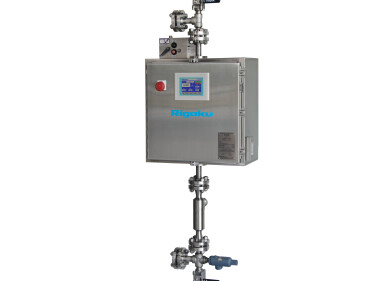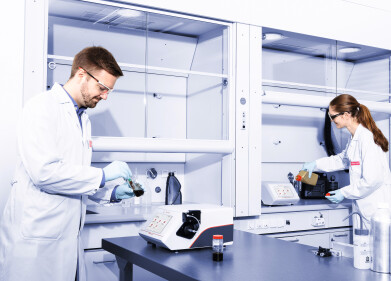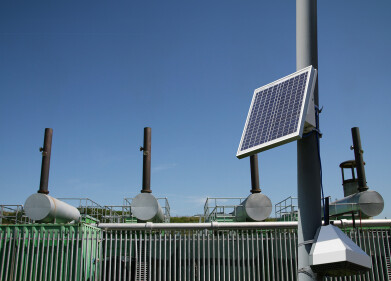Measurement and Testing
How Has the Pandemic Affected BP?
Aug 05 2020
The COVID-19 pandemic has had a devastating effect on the energy industry and majors such as BP are no exception. Following the global slump in demand, the British-owned oil giant has unveiled plans to cut 10,000 jobs. While a hiatus was placed on redundancies for several months during the early stages of the pandemic, BP has confirmed it will lay off 15% of its workforce by the end of 2020.
In an email sent to employees, Chief Executive Bernard Looney blamed plummeting oil prices for the companywide layoff. “The oil price has plunged well below the level we need to turn a profit,” he said. “We are spending much, much more than we make - I am talking millions of dollars, every day.” While oil has since recovered to around US$40 a barrel, Looney says its not enough to save thousands of jobs.
BP blames “widespread economic fallout”
"It was always part of the plan to make BP a leaner, faster-moving and lower carbon company," said Looney, who was appointed head of BP in February. “Then the COVID-19 pandemic took hold. You are already aware that, beyond the clear human tragedy, there has been widespread economic fallout, along with consequences for our industry and our company.”
Around 2000 of the redundancies are expected to impact British workers, which reflects a recent prediction made by Oil and Gas UK (OGUK) warning 30,000 Brits could be out of work as a direct result of the pandemic.
“There is a serious risk the UK loses the skills it needs not only to meet existing energy demands from domestic resources, but also to meet the UK's climate ambitions," says Deirdre Michie, Chief Executive of OGUK.
A new era for SAFs
While the oil and gas landscape may look dire for BP, the company is enjoying success in the aviation sector. BP Group is a pioneer of sustainable aviation fuels (SAFs) and has committed to becoming a net-zero carbon emitter by 2050. Typically, SAFs slash CO2 emissions by up to 80% over the lifecycle of a plane, giving the fuel huge potential for addressing the climate change crisis.
“There will be some slowdown in aviation traffic over the next few years compared to where it would have otherwise been, but that trend is still very clear that aviation will continue to grow over that long-term picture, while also needing to reduce its CO2 emissions substantially,” says Tom Parsons, commercial development manager at AirBP. “Anything that is a commercial airline and long-haul needs kerosene and therefore needs SAF.”
Find out more about the advent of SAFs in ‘Reducing Aviation Emissions: Navigating Challenges Towards Sustainable Aviation Fuels (SAFs).’
Digital Edition
PIN 25.5 Oct/Nov 2024
November 2024
Analytical Instrumentation - Picturing Viscosity – How Can a Viscometer or a Rheometer Benefit You? - Sustainable Grease Formulations: Evaluating Key Performance Parameters and Testing Method...
View all digital editions
Events
Nov 27 2024 Istanbul, Turkey
Biogas Convention & Trade Fair 2024
Nov 27 2024 Hanover, Germany
Dec 03 2024 Dusseldorf, Germany
Dec 08 2024 Anaheim, CA, USA
Turkey & Black Sea Oil and Gas
Dec 11 2024 Istanbul, Turkey
.jpg)


















